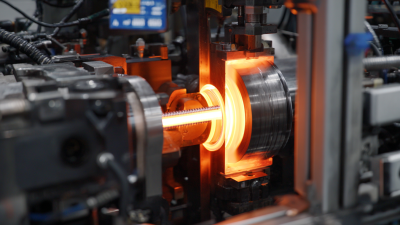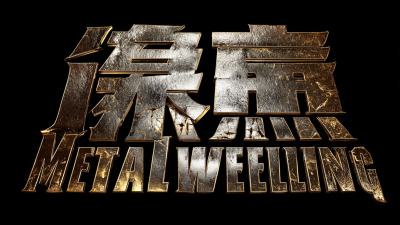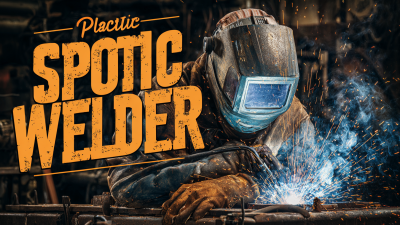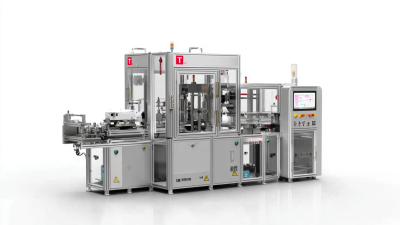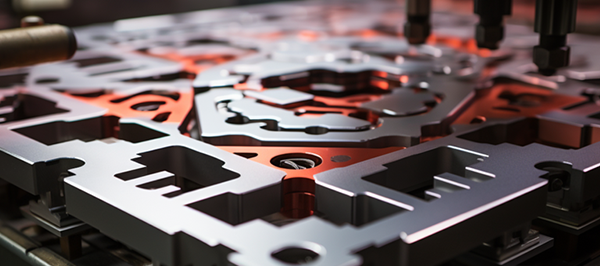


Hey, have you noticed how quickly China's precision manufacturing is advancing? It's really set to shake things up in global healthcare, especially when it comes to welding syringe components. You wouldn't believe it, but reports say that the global medical device market, including syringes, is expected to hit a whopping $500 billion by 2025! A significant chunk of that growth is all thanks to new innovations in manufacturing technologies. Just look at Shenzhen Chengguan Intelligent Ultrasonic Equipment Co., Ltd.They've been in the game for 20 years now, specializing in ultrasonic Plastic Welding, and they're really leading the charge in this exciting trend.
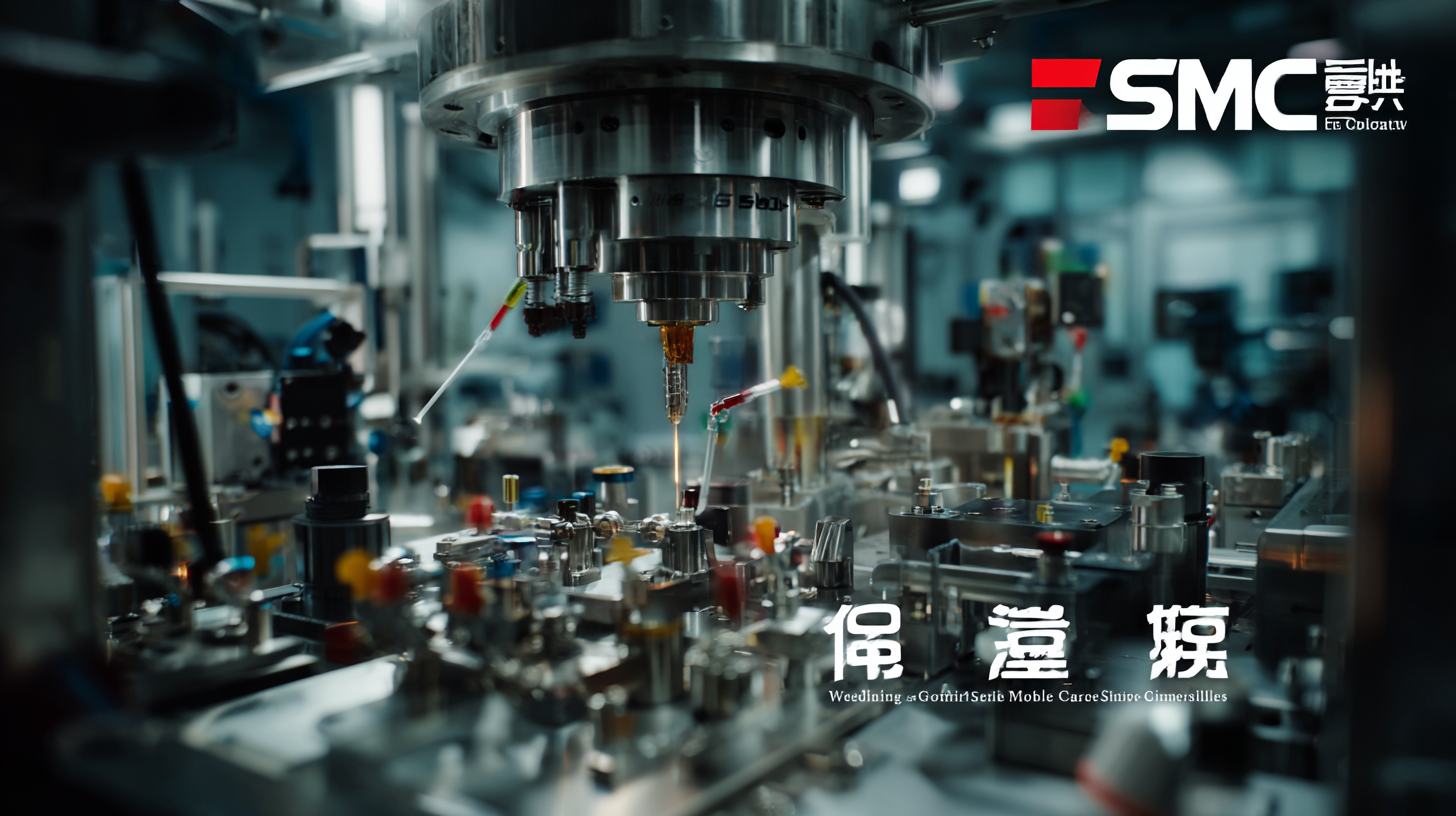
By rolling out top-notch ultraSonic Welding systems and specialized gear, Chengguan makes sure that producing syringe components is done to the highest quality and efficiency. This drive for excellence not only boosts performance but also ensures that healthcare solutions worldwide are reliable. It’s pretty amazing, don’t you think?
You know, when it comes to making syringes, the quality of the welding is really important. It's pretty much a big deal in China’s precision manufacturing scene, and it plays a huge part in keeping global healthcare running smoothly. In the past few years, the medical device industry has really taken off, and they're predicting the market to hit a whopping $700 billion by 2025! That's a lot of demand for reliable welding techniques to make sure medical devices are both safe and effective. These days, tech like microsecond-pulse laser welding is shaking things up, bringing in better precision and reliability to meet those strict regulatory standards we hear so much about.
What’s interesting is that some recent case studies really shine a light on how valuable skilled workers are for achieving top-notch operations. Take C4 Welding, for example—they’ve tackled their skills shortage head-on with dedicated training programs, which are super important for keeping up high welding standards essential for the medical field. Plus, there are some exciting developments like the new Welding and Manufacturing Building at Butte College that show a real commitment to training the next wave of welders, focusing not just on safety but also on innovation. All these efforts highlight how quality welding in syringe manufacturing not only boosts product quality but also solidifies China’s status as a key player in the global healthcare manufacturing world.
China’s syringe manufacturing scene is really taking off, and you can thank some cool innovations in precision welding technologies and the growing health care needs around the world for that. The market for gas direct injection (GDI) systems is set to explode—from $868,625 million in 2025 to a whopping $2.70942 billion by 2033. And guess what? This surge is also good news for syringe production. One of the biggest game changers has been the rise of automated injection molding machines. These bad boys are essential for cranking out high-quality syringes and meeting the tough standards required in everything from healthcare to packaging.
So, if you're thinking about diving into the syringe manufacturing world, a little tip: it’s a good idea to look into advanced manufacturing techniques. They can really boost not just how efficiently you operate, but also the quality of what you're making. With demand ramping up globally, being ahead of the curve with tech could give your business a solid edge.
Oh, and there’s more! The plastic processing machinery market is on the upswing, expected to rise from $23.57 billion in 2025 to about $34.62 billion by 2032. This is a golden opportunity for some exciting innovation in syringe-making. Plus, incorporating eco-friendly materials and processes isn’t just about ticking boxes for regulations; it's also what consumers are increasingly looking for these days. They want sustainable products, and fulfilling that demand can really set you apart.
Keeping up with the latest in plastic recycling and material science could offer you a nice boost in crafting those eco-friendly syringes in today’s competitive market. It’s all about aligning with global sustainability goals while staying ahead of the game!
China's really leading the charge when it comes to precision manufacturing in the global healthcare scene, especially in the world of syringe component welding. It’s pretty cool how advanced robotics, laser welding, and real-time quality monitoring systems are all working together to make sure these syringes are top-notch. These technologies not only boost the reliability of syringes but also help meet those tough international standards we all know about. And let's face it, with everyone so picky about quality these days, especially thanks to all the ups and downs in trade policies, this kind of innovation is more important than ever.
Now, with tariffs shooting up—like, a crazy 245% on needles and syringes—manufacturers in China are really feeling the heat. They’ve got to find ways to keep costs down while still meeting all those quality rules. This tariff situation, stemming from the ongoing U.S.-China trade tensions, really highlights how crucial precision is in their manufacturing processes; it can seriously affect production costs. So, it looks like Chinese manufacturers will be diving even deeper into using cutting-edge tech to keep their edge in the global market, even when the economy is throwing curveballs. This not just shows China's commitment to investing in healthcare solutions, but it’s also a pivotal moment for the industry to get creative and adapt to what's coming next.
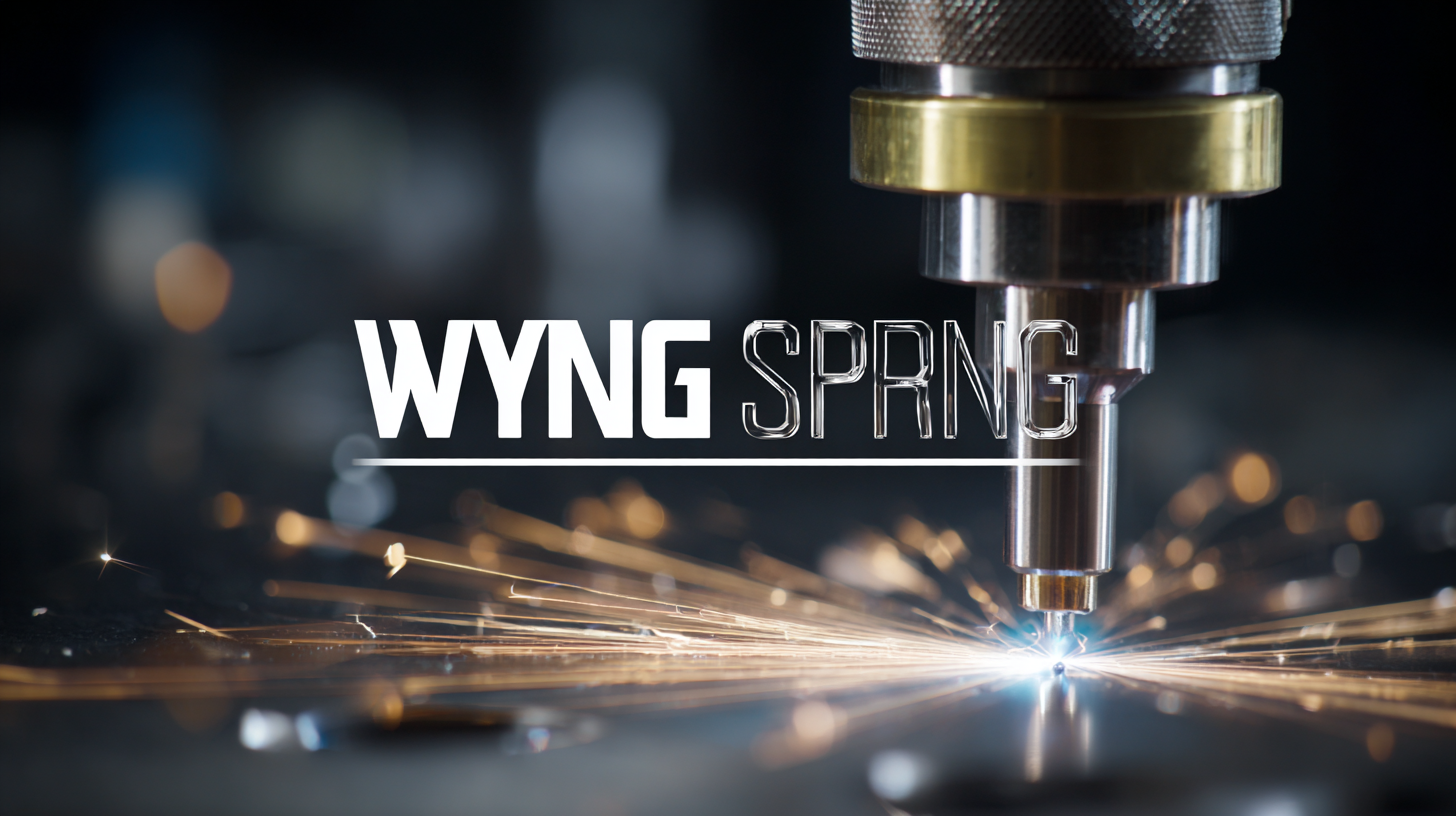
When it comes to precision manufacturing, China really shines, especially in making syringe components. They've got some super strict quality control standards, which makes them a big deal in the global healthcare scene. Now, the welding of these syringe parts is no small task; it’s crucial for making sure that medical devices do what they’re supposed to do. They put these components through a ton of testing to meet all the tough requirements for biopharmaceutical drugs. Honestly, whether a syringe is empty or filled, it has to go through various checks to confirm it’s safe and effective, and that really shows how dedicated they are to high-quality manufacturing.
Lately, there have been some exciting developments in testing technology—things like UHPLC-MS and high-resolution mass spectrometry have really stepped up the game in how we profile the materials used in medical applications, syringes included. These cutting-edge methods help manufacturers keep their quality control on point, ensuring that only the best chemical compositions are used. Plus, with the rise of digital quality control systems, achieving consistent quality across batches is becoming increasingly important, especially for traditional Chinese medicines and herbal remedies. As the healthcare industry keeps evolving, China's commitment to advanced manufacturing techniques and thorough quality assurance is sure to influence global standards for medical devices in a big way.
You know, China's export policies have really shaken up the global healthcare scene, especially when it comes to the welding of syringe components. As a major player in precision manufacturing, China’s regulations actually push for the creation of top-notch medical parts that are in line with international standards. Thanks to a mix of innovation and some financial perks, manufacturers over there are diving into advanced tech that lets them weld these components with really impressive precision.
And it doesn't stop there! China's smart trade agreements mean its medical products make their way into international markets more easily. By cutting down on tariffs and simplifying the export process, these policies not only give a boost to local manufacturers but also help healthcare providers around the world snag crucial supplies at prices that won’t break the bank. This teamwork has paved the way for strong supply chains, which ultimately lead to better health outcomes everywhere. The skill and dependability of Chinese-made medical components are super important for making sure healthcare systems can handle whatever comes their way, especially when things get tough.
You know, in today’s global healthcare landscape, there's a real surge in the need for advanced syringe manufacturing processes. A cool development in this space is ultrasonic plastic welding technology—it’s really starting to take off because it's just so precise and efficient. A recent market report even suggests that the global ultrasonic welding equipment market is expected to hit around $3.04 billion by 2025. That really shows how much we’re leaning on this tech for crucial medical devices like syringes.
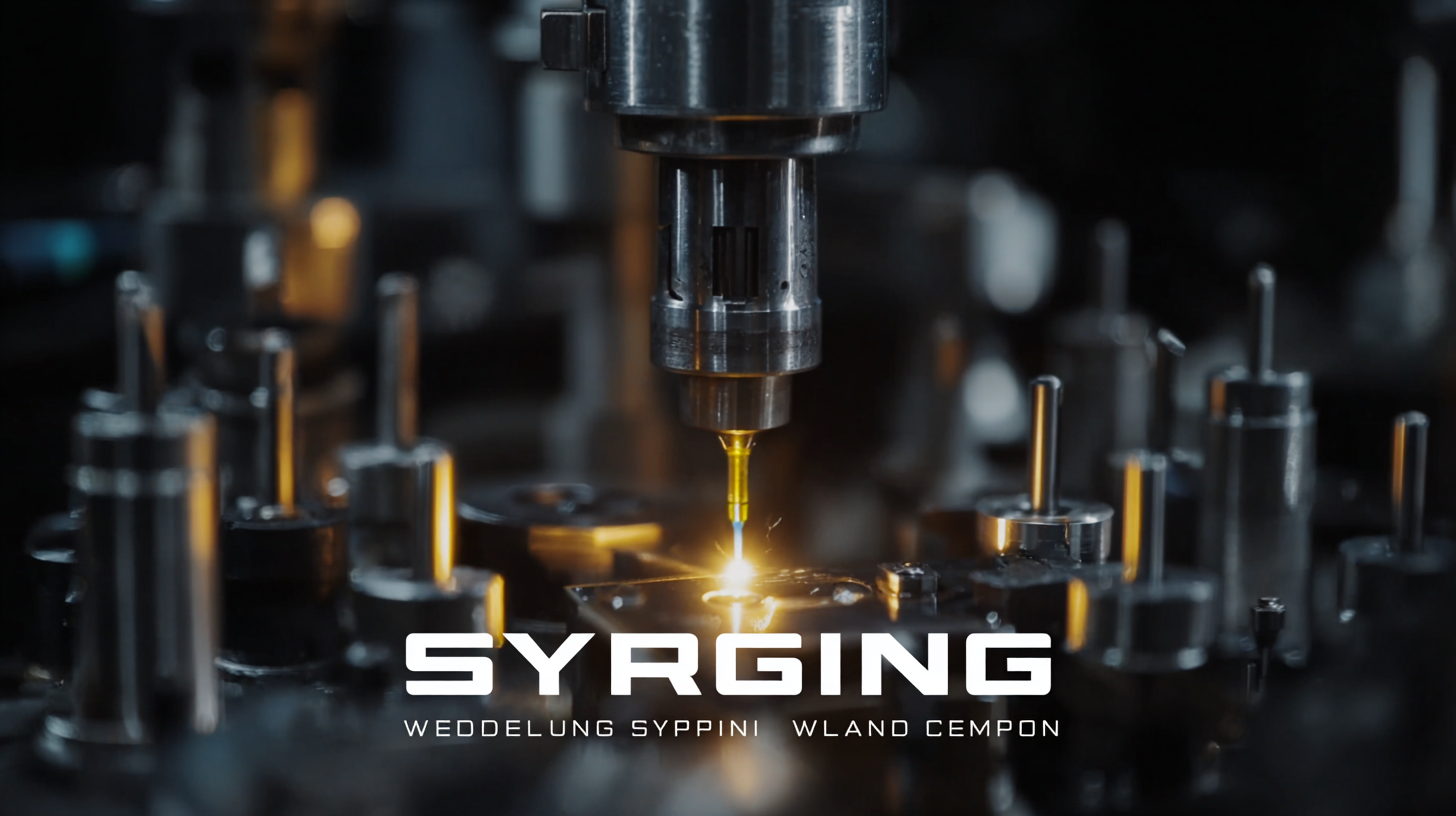
Take Shenzhen Chengguan Intelligent Ultrasonic Equipment Co., Ltd., for instance; they’re really leading the pack in this innovation. With more than 20 years in the game, they’re all about quality and making sure their products meet the tough regulations and safety standards we need for medical devices. As the healthcare sector keeps changing, it's going to be the manufacturers who can really embrace this advanced ultrasonic tech that will drive the creation of safer, more efficient, and trustworthy syringes.
Oh, and here’s a tip: When you’re picking out ultrasonic welding equipment, keep an eye on things like precision, consistency, and scalability. These factors really matter for keeping up with the evolving demands in healthcare. Plus, don’t forget to invest a bit in training for your staff on the latest technologies, so you can really make the most of that productivity and quality.
In the rapidly evolving landscape of metalworking, ultrasonic welding machines are emerging as game-changers, particularly for applications involving copper wire. These advanced machines offer an efficient and fast sealing operation, capable of completing bending-sealing-cutting processes in as little as one second. Such speed not only enhances production efficiency but also allows manufacturers to keep pace with the increasing demand for high-quality, rapid output in the competitive metalworking industry.
Reliability is another hallmark of ultrasonic welding technology. The resulting welds boast high sealing strength, significantly reducing the risk of leaks in air or liquid. This tight and firm welding meets the stringent requirements of modern processes, supported by excellent process control and high reliability. As manufacturers seek to optimize their production while maintaining quality, ultrasonic welding machines stand out as a robust solution that aligns with the needs of today's operations.
Furthermore, the environmental benefits of ultrasonic welding cannot be overlooked. By eliminating the need for additional welding materials, this method reduces the risk of introducing impurities, which is vital for maintaining product integrity. Coupled with low energy consumption, these machines represent a forward-thinking approach to metalworking—one that champions both energy conservation and environmental protection, essential components of sustainable manufacturing practices.
: Chinese syringe component production is known for its stringent quality control standards, focusing on rigorous testing to ensure safety and efficacy in medical devices.
The welding of syringe components is critical to maintaining the integrity and performance of the syringes, which undergo extensive examinations to meet biopharmaceutical drug requirements.
Advances such as UHPLC-MS and high-resolution mass spectrometry have enhanced the chemical profiling of materials, leading to improved precision in quality control.
Digital quality control systems are essential for achieving batch-to-batch consistency, particularly in the production of traditional Chinese medicines and herbal remedies.
Ultrasonic plastic welding technology is gaining popularity for its precision and efficiency, playing a key role in the advanced manufacturing process of syringes.
The global ultrasonic welding equipment market is projected to reach USD 3.04 billion by 2025, indicating an increased reliance on this technology for medical devices like syringes.
Manufacturers should focus on precision, consistency, and scalability to meet evolving healthcare demands when choosing ultrasonic welding equipment.
Shenzhen Chengguan Intelligent Ultrasonic Equipment Co., Ltd. is a leader in innovative ultrasonic welding systems tailored for the healthcare sector, ensuring compliance with stringent regulations.
Investing in training for staff on the latest manufacturing technologies can maximize productivity and quality in the production of syringes.
As the healthcare sector evolves, manufacturers adopting advanced technologies like ultrasonic welding will be key in producing safer, more efficient, and reliable syringes.
